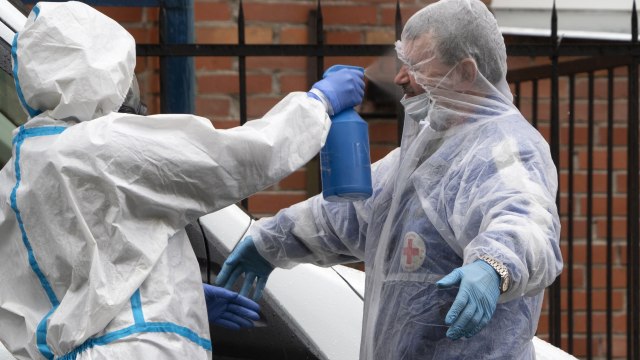Fiji announced it was coronavirus free Friday after the island nation’s last known infected patient was given the all-clear, continuing the Pacific’s remarkable record of success against the virus.
There was panic among Fiji’s 930,000 population when the first COVID-19 case was reported in mid-March, but strict isolation measures and border controls kept a lid on infections, which peaked at 18 confirmed cases.
Prime Minister Frank Bainimarama attributed the country’s virus-free status to ‘answered prayers, hard work, and affirmation of science’. ‘Fiji has just cleared the last of our active COVID-19 patients,’ he tweeted. ‘And even with our testing numbers climbing by the day, it’s now been 45 days since we recorded our last case. With no deaths, our recovery rate is 100 percent.’
The Pacific islands were initially seen as among the world’s most vulnerable to the virus because of under-resourced health infrastructure and high rates of health conditions such as diabetes and heart disease. There were also fears geographic isolation could turn the islands into infection incubators, like when a measles epidemic in Samoa late last year killed 83 people, most of them babies and toddlers.
However, nations in the region acted swiftly and made the costly decision to seal borders and shut down the tourism trade that sustains their economies, in order to protect their populations.
 Live
Live

